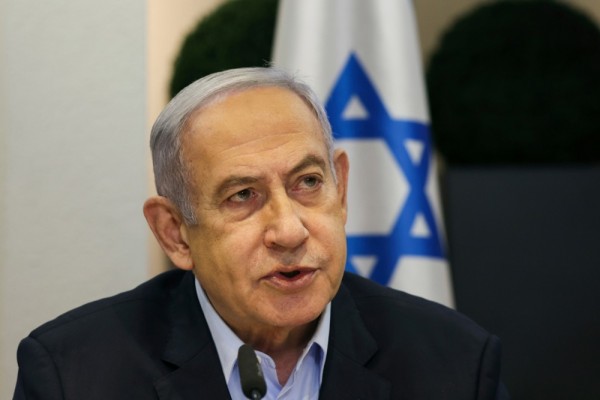Israel’s government should seriously consider the press freedom implications of some aspects of a recommendation to close the nation’s public broadcaster and transform it into a new agency that would be funded through a combination of state funding and advertising, the International Press Institute said today, expressing concern about the prospect of political influence in the radio and television service.
Yair Lapid, the Israeli finance minister, and Gilad Erdan, the communications minister, announced earlier this month that a special committee examining the future of public broadcasting called for ending the current licensing fee and closing the Israeli Broadcasting Authority, or IBA. The committee recommended that it be replaced with a smaller organisation financed – for the first time – through a blend of advertising and direct state budget allocations.
In a positive step, the recommendations also call for removing the government’s role in appointing the senior management by creating an independent search committee charged with selecting the public broadcaster’s managers.
“While we welcome the proposal to remove political influence from the appointment of senior management, any proposal that calls for introducing direct state funding opens the door for political pressure on the operations of the public broadcaster,” said IPI Press Freedom Manager Barbara Trionfi. “We realise that licensing fees to fund public radio and television are unpopular, but the proposed alternative is even less desirable – anytime politicians have to vote on funding, they ultimately have a vote on how that money is spent.”
The Knesset and the Cabinet need to carefully consider changes recommended by the committee, Trionfi said, noting that the proposals could affect IBA’s ability to provide independent news and programming for all Israeli citizens. The panel was headed by Ram Landes, chief executive of Koda Communications, a television production company.
“We believe the Landes committee report needs thorough consultations at all levels of the government and throughout the Israeli society before any steps are taken to radically change the IBA’s funding model or the public broadcaster itself,” Trionfi said.
IBA’s senior management and Israeli governments for years have weighed proposals to change the way the broadcaster is structured and funded.
The Landes committee’s report, released March 6, calls for ending the existing universal licensing fee within a year. It recommends combining radio, television and Internet news operations in a bid to reduce costs and staffing levels.
IPI has long held that public broadcasters should be managed and funded independent of political control. In September 1993, at its European Media Symposium aimed at providing guidance for former communist and Soviet states, IPI issued a declaration stating “its unconditional support for the development of editorially independent public service broadcasting to replace the state-controlled broadcasting structures.”
>> For more information, contact Timothy Spence at +43 (1) 512 90 11 or by e-mail.


